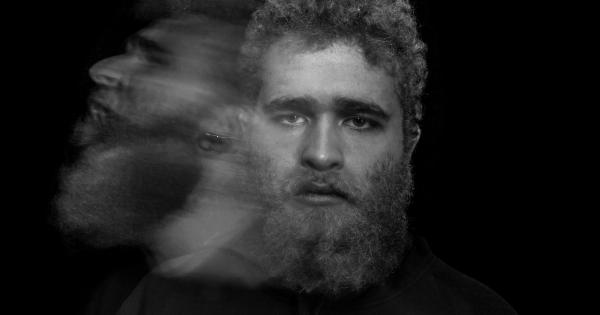Headaches are one of the most common ailments that people experience. From tension headaches to migraines, there are a variety of different types of headaches that can be caused by a variety of factors.
Some people are headache experts, while others may struggle to differentiate between a migraine and a tension headache. Take this quiz to see how much you know about headaches!.
Question 1: What is a migraine headache?
A migraine headache is a type of headache that is characterized by recurrent attacks of moderate to severe head pain. Other symptoms of migraines include sensitivity to light and sound, nausea, and vomiting.
Question 2: What is a tension headache?
A tension headache is a type of headache that is characterized by a dull, aching pain that is often described as feeling like a tight band wrapped around the head. Tension headaches are often caused by stress or muscle tension.
Question 3: What is a cluster headache?
A cluster headache is a type of headache that is characterized by severe, excruciating pain that is usually felt on one side of the head. Cluster headaches are typically short in duration, but they can be incredibly intense and debilitating.
Question 4: What are some common triggers for migraines?
Common triggers for migraines include stress, hormonal changes, certain foods or food additives, weather changes, and changes in sleep patterns.
Question 5: How are tension headaches treated?
Tension headaches can be treated with over-the-counter pain medications like acetaminophen or ibuprofen. Relaxation techniques like deep breathing or meditation can also help alleviate tension headaches.
Question 6: What is a rebound headache?
A rebound headache is a type of headache that is caused by overuse of pain medications. Rebound headaches can be incredibly frustrating, as the treatment for the headache (pain medications) can actually make the headache worse in the long run.
Question 7: What is a sinus headache?
A sinus headache is a type of headache that is caused by inflammation or congestion in the sinuses. Common symptoms of sinus headaches include pressure or pain in the sinus area, a feeling of fullness in the ears, and a stuffy nose.
Question 8: How are cluster headaches treated?
Cluster headaches can be treated with a variety of medications, including triptans (a type of migraine medication), oxygen therapy, or nerve blocks.
In some cases, lifestyle changes like avoiding alcohol or tobacco can also help alleviate cluster headaches.
Question 9: What is a thunderclap headache?
A thunderclap headache is a type of headache that is characterized by sudden, intense pain that reaches its peak within 60 seconds.
Thunderclap headaches can be a sign of a serious medical condition, and should be evaluated by a healthcare provider immediately.
Question 10: What are some lifestyle changes that can help prevent headaches?
Lifestyle changes like getting enough sleep, staying hydrated, reducing stress, and avoiding trigger foods can all help prevent headaches. Regular exercise and stretching can also help alleviate muscle tension that can lead to tension headaches.
: Results
If you got:.






























